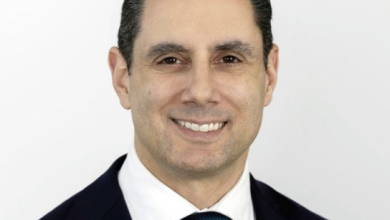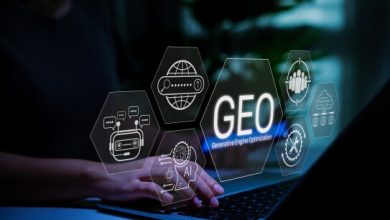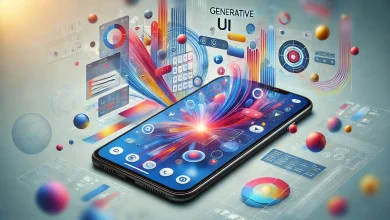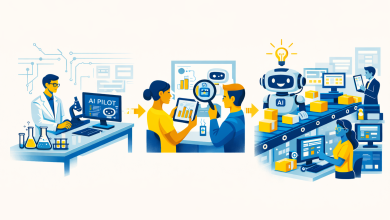
Streaming platforms are being inundated with machine-generated music. Deezer recently reported that more than 20,000 AI-created tracks are uploaded to its service each day, and as of September 2025, that figure has climbed above 30,000, representing nearly 28 percent of all new music on the platform. Much of this content attracts minimal listener engagement, yet it still fills playlists, influences recommendation algorithms, and crowds out spaces once dominated by human creativity. This explosion of generative content raises profound questions about authorship, value, and the future of creative labor.
Generative artificial-intelligence models can now produce full tracks with little more than a text prompt, drawing on vast libraries of existing recordings to mimic familiar styles. At first listen, these pieces can sound polished, but they often lack the narrative structure, emotional evolution, and intent that define human artistry. The distinction between imitation and expression, between content and art, is increasingly difficult to discern. Earlier this year, a viral track that appeared to feature Drake and The Weeknd spread rapidly online before being pulled once listeners discovered it was AI-generated. In contrast, artists like Grimes have taken a proactive approach, licensing their voices for AI use under revenue-sharing terms. These contrasting strategies illustrate how little consensus exists around attribution, consent, and artistic control in the age of generative audio.
From a legal standpoint, the boundaries have become clearer in recent months. In March 2025, the U.S. Court of Appeals for the D.C. Circuit affirmed a lower-court ruling in Thaler v. Perlmutter, which held that copyright protection requires human authorship. The court ruled that a work generated entirely by an autonomous AI system cannot be registered for copyright, cementing a long-standing principle that authorship (and therefore ownership) belongs only to humans. The decision aligns with policies in other regions. In June 2025, South Korea’s Ministry of Culture, Sports and Tourism issued Guidelines for Copyright Registration of Works Utilising Generative AI, clarifying that AI-assisted creations may be registered only when human creators contribute “significant creative input.” Where AI acts independently, protection is denied. These approaches reflect a growing international consensus that creative agency, not computational capacity, defines authorship.
This distinction is critical. Platforms and tools that preserve human control are not only better aligned with existing law but are also more sustainable for artists. They point toward a model in which AI amplifies human creativity rather than replaces it. Much of the current commercial use of AI in music has focused on replication – creating stylistic imitations for background content or short-form media. While such applications can be efficient, they risk diminishing originality and artistic intent, values central to music’s cultural and emotional resonance.
A more promising direction treats AI as a creative partner. Systems can be designed to enhance musicianship, suggest compositional ideas, or respond dynamically to a user’s input – with the artist steering the process. These approaches not only preserve the human element but also provide clarity around ownership, authorship, and rights.
This debate is part of a much larger struggle unfolding across creative industries. In the United States, courts are weighing whether the use of copyrighted books, music, and artworks to train AI systems qualifies as fair use. In June 2025, for instance, a federal court ruled that Anthropic’s use of copyrighted books for training constituted fair use, though the case remains under appeal. These disputes show that the law is evolving unevenly across creative industries, yet developments in publishing, film, and software are likely to guide future interpretations of music rights in the AI era. The legal framework may adapt, but for now the principle is clear: creative ownership stems from human decision-making.
The law may still be catching up, but technology isn’t waiting. Even as courts and legislators debate the boundaries of authorship, algorithms are already embedded throughout the music ecosystem, determining not only how songs are generated but also how they are categorized, recommended, monetized, and tracked. The choices made by developers, streaming platforms, and policymakers today will shape how creative work is valued tomorrow. That’s why the focus must shift from volume to intent, from replication to expression. AI can democratize music creation, enabling anyone to compose, produce, or perform with unprecedented accessibility. But it must do so without erasing the creative agency that gives art its meaning.
Technological progress is inevitable, but its consequences are not. What’s still within our control is how we design and deploy these systems – whether they amplify human expression or replace it. The choices we make now will determine if AI becomes a collaborator that expands creativity or a competitor that diminishes it. A thoughtful, human-centric approach that strengthens artistic agency while broadening what’s musically possible offers the most sustainable and inspiring path forward for music in the age of AI.
Idan Dobrecki is the CEO and founder of Aiode, an AI-powered music platform that supports human-led composition. He is a licensed attorney with a background in advanced mathematics and the arts, and his work focuses on the intersection of technology, authorship, and creative rights. For more information, visit https://aiode.com/.




